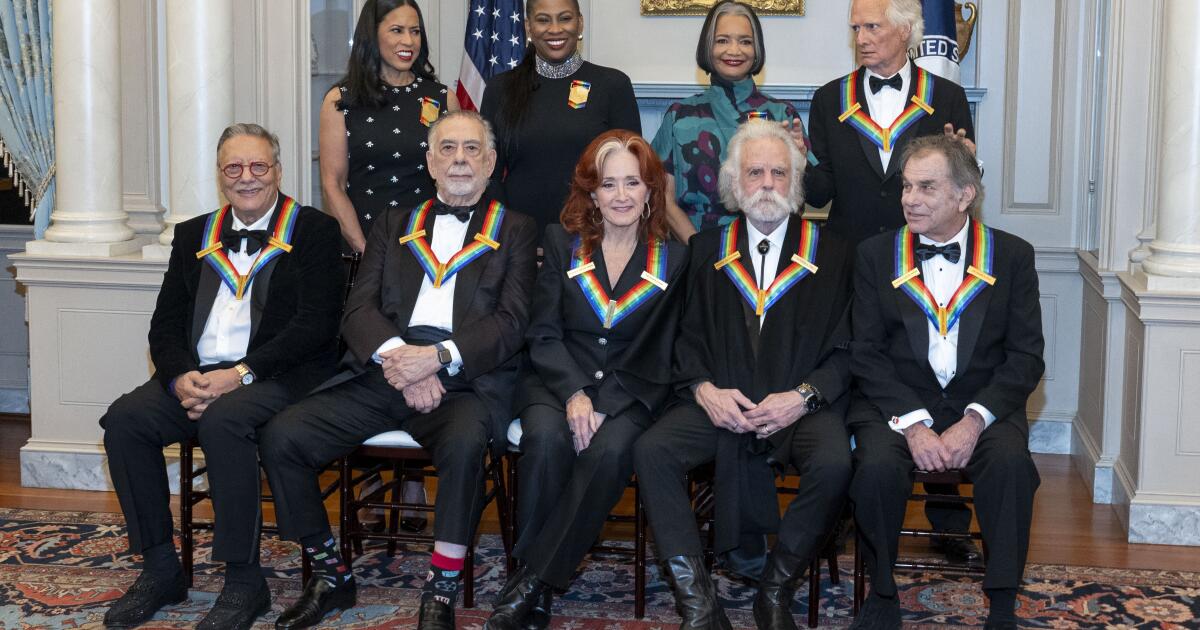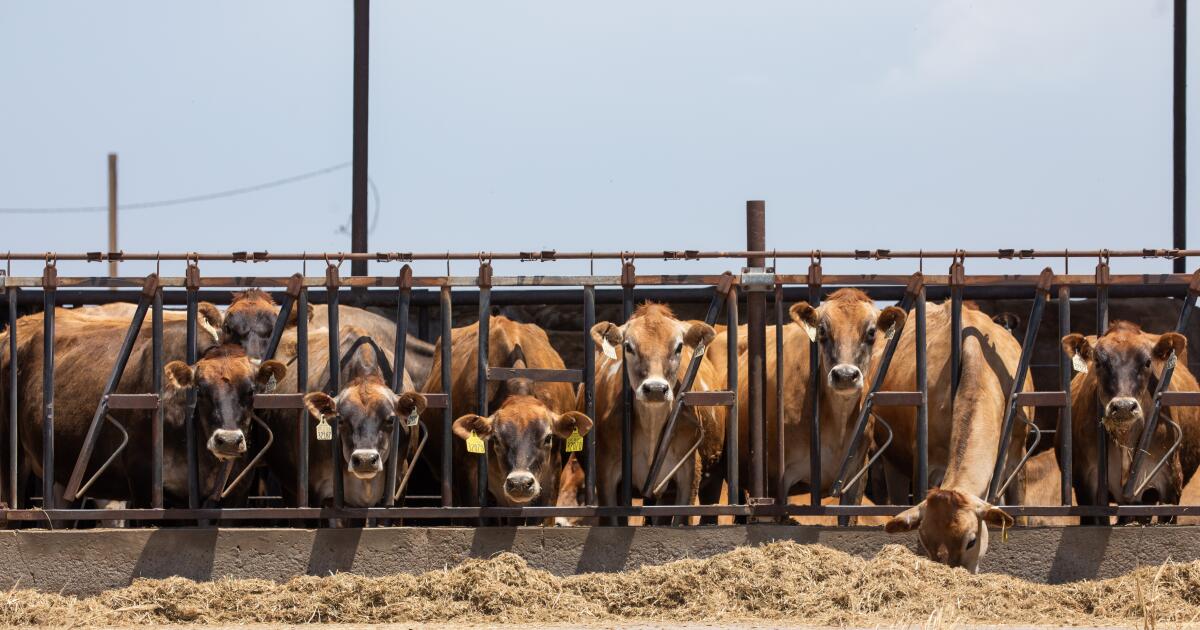DAKAR (Reuters) – Senegal’s new prime minister Ousmane Sonko is a firebrand politician who rallied Senegalese youth to enable the election of his top lieutenant Bassirou Diomaye Faye as president, and who now, as expected, has secured a top role in return.
A fierce opponent of former president Macky Sall, Sonko, 49, was barred from standing in the March 24 presidential election because of a conviction for defamation. He denied any wrongdoing, but chose the little-known Faye as his replacement, urging his supporters to back him instead.
Sonko and Faye, both former tax inspectors, have positioned themselves as opponents to corruption and elitism and called for Senegal to reject what they see as lingering ties to French colonialism.
“We’ll spare no efforts to reach the objectives we have promised to the Senegalese people, which is, a break with the past, progress, and a definitive change,” Sonko said after his appointment.
In their campaign manifesto, the duo promised to renegotiate mining, oil and gas contracts and create a new national currency.
“Sonko’s appointment as prime minister will increase the prestige of the position which was removed several times in the country’s political history… an architect of Diomaye’s victory, his appointment will give momentum to the Faye administration,” said Wendyam Herve Lankoande, West Africa risk consultant at Africa Practice.
He called them a “complementary pair” and said he believed their political relationship “will work if they are able to maintain the right balance – which I think they will.”
Sonko is expected to present Faye with a list of proposed ministers for his approval in the coming days.
In an interview with Reuters, Faye rowed back the pledge to drop the CFA franc, which is pegged to the euro, saying Senegal would first seek to reform the West African Monetary Union in collaboration with its seven other members.
ARREST AND AMNESTY
Sonko has faced arrest and trial several times in the last years, after rising to prominence when he came third in the 2019 presidential election at the head of the party he founded, the African Patriots of Senegal for Work, Ethics and Fraternity (Pastef).
He was accused of rape in 2021 and detained, which triggered a wave of deadly clashes between police and his young supporters. He was ultimately convicted of morally corrupting a young person in that case, and the rape charge dropped.
Then he was arrested in July 2023 in the capital Dakar and charged a day later with fomenting insurrection, criminal conspiracy and other offences.
Sall’s government dissolved Pastef days after Sonko’s July 2023 arrest, blaming it for stoking violence. He was handed a six-month suspended sentence for defamation which blocked him from contesting the March vote.
Sonko has said all charges were politically motivated.
He and Faye, who was also held on a defamation and contempt of court charge, which he denied, both left jail less than a month ago thanks to a new amnesty law introduced to ease tensions in a country that is usually one of West Africa’s most stable democracies.
They joined the campaign trail under the banner “Diomaye is Sonko”, drawing popular support that carried Faye to a landslide victory with over 54% of the vote in the first round.
Sonko is a devout Muslim in favour of harsher laws against homosexuality in Senegal, where more than 90% of the population is Muslim. Gay sex is already punishable by jail time.
He drew criticism in May from women’s groups and dozens of well-known figures for making degrading comments against the alleged victim during his rape trial, which they said showed he was unfit for higher office.
(Reporting by Bate Felix and Portia Crowe; Editing by Alexandra Hudson)

